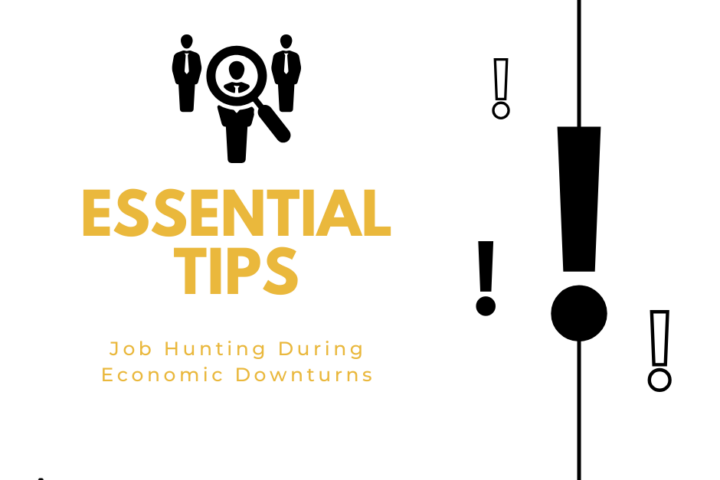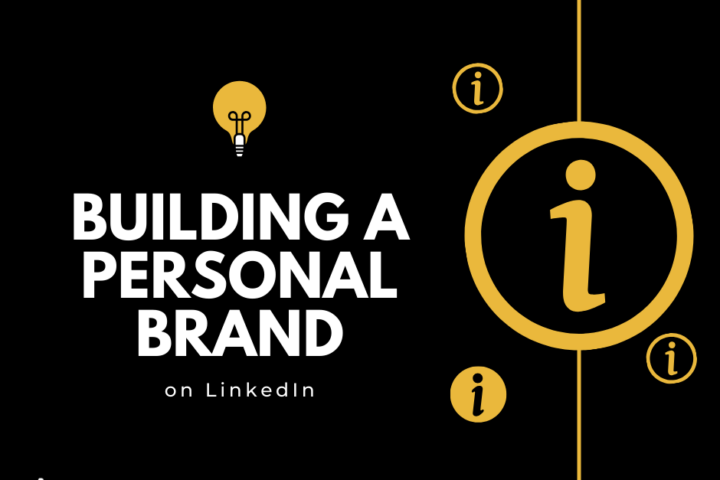Transitioning Careers: Steps to Take When Making a Big Change
Home » Candidate Advice » Transitioning Careers: Steps to Take When Making a Big Change
Career transitions are significant steps for any professional, often driven by a desire for new challenges, changes in life circumstances, or a shift in personal goals. Whether moving to a different industry, starting a new profession, or turning a hobby into a career, such changes require careful planning and execution. Here’s how to navigate the complexities of career transitions successfully.
Understanding the Need for a Career Transition
The first step in a career transition is thoroughly understanding your motivation for this change. Are you seeking greater job satisfaction, higher income, more flexibility, or growth opportunities that your current career cannot provide? Clearly defining your reasons will help guide your decisions and keep you motivated throughout the process.
Steps for a Successful Career Transition
1. Self-Assessment
Begin with a thorough self-assessment of your skills, interests, values, and passions. Consider what you like about your current job, what you don’t like, and what you hope to achieve in your new career. Tools like personality tests and career assessments can provide insights that help align your career goals with your strengths and preferences.
2. Research and Information Gathering
Once you have a clearer idea of what you want, start researching the fields or positions that interest you. Look into job requirements, necessary qualifications, industry trends, and potential barriers to entry. Informational interviews with professionals already working in your desired field can provide invaluable insights and practical advice.
3. Education and Skill Development
Identifying any skills gaps is crucial for transitioning successfully. Depending on your new career path, you may need additional training, certifications, or even a degree. Look for opportunities to acquire these qualifications while still employed, such as evening classes, online courses, workshops, or self-study.
4. Networking
Building a network in your new industry is vital. Connect with industry leaders and peers through professional networking sites like LinkedIn, professional associations, and conferences. Networking can provide not only mentorship but also potential job leads. Don’t underestimate the power of your existing network; let your current contacts know of your career plans and see if they can introduce you to relevant people.
5. Gain Experience
Gaining relevant experience in your new field can sometimes mean starting with internships, part-time jobs, or volunteer opportunities. These roles can provide practical experience, enhance your resume, and confirm your interest in this new field. They also demonstrate your commitment and passion to potential employers.
6. Update Your Branding Materials
Revamp your resume, cover letter, and LinkedIn profile to reflect your new career direction. Highlight transferrable skills and experiences that are relevant to your new field. Tailoring your resume to your new industry is crucial and can sometimes mean a complete overhaul to focus on skills and experiences that align with industry expectations.
7. Plan Financially
Career transitions can sometimes lead to periods of reduced income, especially if additional schooling is required or if you start in a lower-level position in your new field. Plan your finances accordingly to support yourself during this transition period. Savings, a part-time job, or freelance work can provide financial stability.
8. Start Small and Be Patient
Significant changes don’t happen overnight. Be patient with the process and start small. Set manageable goals and celebrate small victories to keep yourself motivated.
9. Prepare for Challenges
Prepare mentally for the challenges ahead. Transitioning careers can be stressful and may involve initial setbacks. Resilience and flexibility are crucial to navigating these challenges effectively.
In Summary
Transitioning careers is a courageous step that requires thorough preparation, continuous learning, and an adaptable mindset. By assessing your motivations, planning strategically, and leveraging your skills and network, you can smoothly navigate from one career to another. Remember, the road might be long and sometimes challenging, but the rewards of pursuing a career that aligns with your aspirations and values can be immensely fulfilling.



